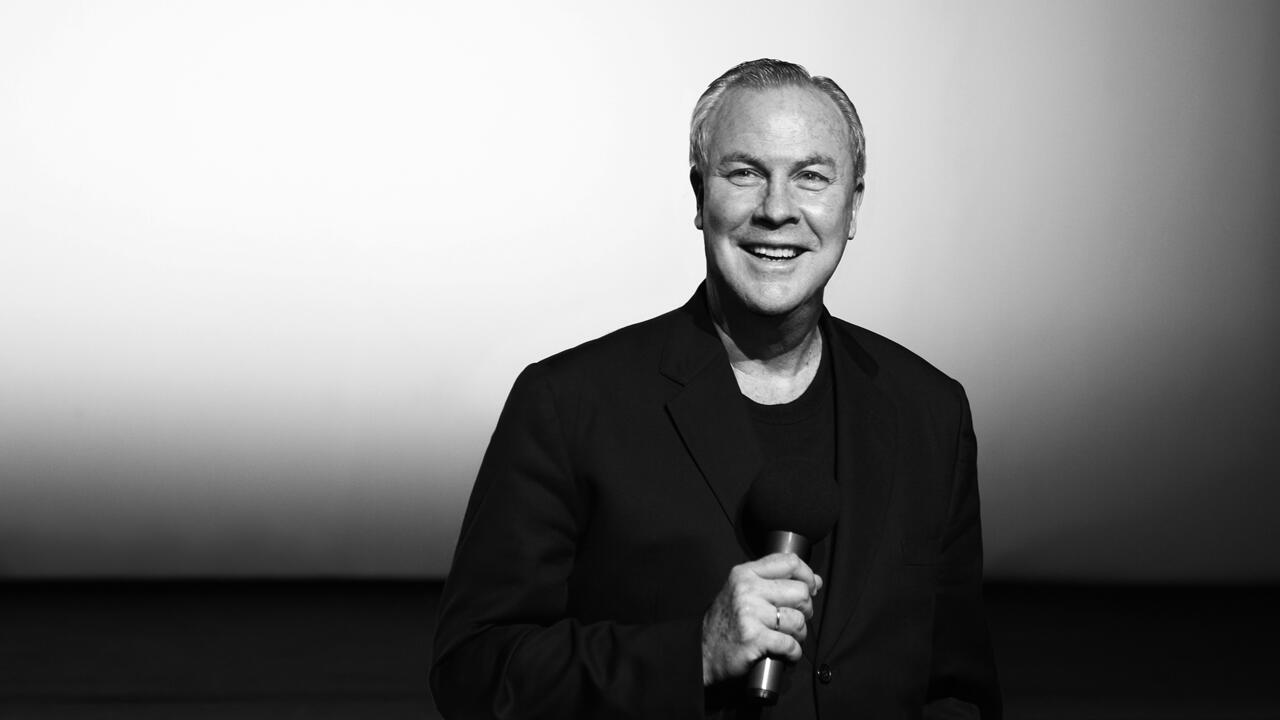Editor’s Picks: Revitalizing the Philosophy of Gillian Rose
Other highlights include a documentary on the political and religious conflicts in one Iranian family and Elizabeth Willis’s new book on US pioneerism
Other highlights include a documentary on the political and religious conflicts in one Iranian family and Elizabeth Willis’s new book on US pioneerism

Reissues of Gillian Rose works
Published just before her passing from cancer in 1995, Love’s Work is British philosopher Gillian Rose’s masterful and dynamic memoir. Earlier this year, Penguin Classics reissued it as part of a greater resurgence of interest in Rose’s writing. (Verso is publishing a collection of her 1979 lectures titled Marxist Modernism, for the first time, later this year.) Love’s Work is a short book – one that invites and rewards re-readings – steeped in Rose’s career-spanning engagement with Hegel and rejection of the relativism of her post-structuralist contemporaries like Jacques Derrida and Michel Foucault.

It is also a book that resists summarization. In it, Rose writes against death – her own impending, but also those of many around her dying of AIDS – and, in doing so, focuses on how she’s lived her life. The emphasis is on the examined life and her investment in philosophy, which, to Rose, ‘is born out of [a] condition of sadness’. Her book begins with an epigraph by 19th-century monk Staretz Silouan that characterizes this nevertheless hopeful and often funny text: ‘Keep your mind in hell, and despair not.’ I’m grateful that it will continue to reach new readers.
Rahmaneh Rabani and Bahman Kiarostami, Impasse
I recently attended the US premiere of Impasse (2024) at Anthology Film Archives, New York, as part of a screening hosted by Bidoun magazine. The Iranian documentary, set against the backdrop of the 2022 protests that responded to the arrest – and a few hours later, death in custody – of 22-year-old Mahsa Amini for ‘improper hijab’, depicts co-director Rahmaneh Rabani’s conservative family in a series of interviews about the protests but also about the nature of religion, patriarchy and familial relations. The film is a chatty, intimate look at ideological and generational divides that resonate as microcosms of the unrest occurring outside the family’s home. It is also, per writer Media Farzin in her introduction before the screening, a window into the Iranian home as rarely depicted on the screen.
The film is bolstered by the outsized characters of Rabani’s family members – her wry, occasionally dismissive mother; her invested yet stoically unwavering father; her adult brother whose breakdancing practice occasionally serves as a transition between conversations; and her toddler son whose only concern seems to be his bowel movements. It is also done so by the dexterous editing of co-director Bahman Kiarostami. Rabani, who refused the hijab in young adulthood and has participated in the protests, is a patient and incisive interlocutor who raises compelling questions around dilemmas of family and political difference, and, more generally, how humanity is considered in such dynamics.
Elizabeth Willis, Liontaming in America
This September, almost a decade after her most recent volume Alive: New and Selected Poems (2015), Elizabeth Willis will release Liontaming in America, a collection of works in prose and poetry. In it she investigates the ongoing colonial project of the United States which historically looked to the west – Walt Whitman’s ‘Pioneers, O Pioneers’ (1865) echoes throughout – and the language and mythos that erupted out of that.

Early on, Willis etymologizes this Whitmanic term (from the Middle French, meaning ‘a laborer employed in digging’), and throughout complicates it by becoming a pioneer herself, digging up the buried, violent histories of the United States. Her great and capacious book, whose timespan stretches at least four centuries (not including its biblical and mythological allusions), reveals to readers how ‘between the stanzas of the national epic you can see the seams that hold its images together’.
Main image: Old open book with library background. Courtesy: Getty Images; photograph: Yuelan
























